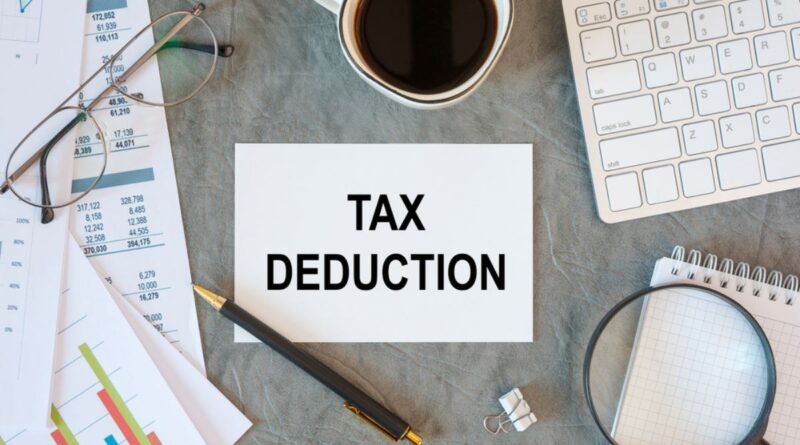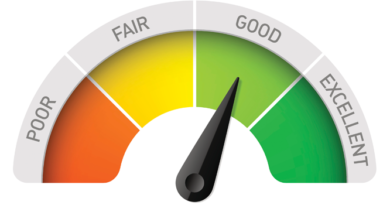TDS on Fees for Professionals
Many countries deduct a part of their citizens’ income as taxes. The Indian Government also collects taxes in this way. Collecting taxes by targeting the source of income makes it easy for taxpayers to file their income tax returns, and all they need to do is state their credit for taxes deducted at source (TDS). Both professionals and business entities file their income tax returns. However, for professionals who offer services for a fee, the taxes collected are governed by the rules in Section 194j, Income Tax Act, 1961.
Section 194j of the Income Tax Act
Section 194j of the Income Tax Act states taxes must be collected or deducted at the sources of income (TDS) for certain payments at a minimum of 10%. So this means that individual professionals who offer services in return for a fee must pay at least 10% tax.
The taxes you pay as a professional service provider under Section 194j depend on several factors. The following are some factors that influence taxes under Section 194j.
- The fee that you charge as a professional or technical service provider.
- A non-compete fee under Section 28 (VA).
- Royalties.
TDS Under Section 194j
The Income Tax Department collects TDS under Section 194j of the Income Tax Act for income from four primary sources.
1) Professional Services:
Professional services may include medicine, architecture, law, and engineering. These may include other areas, such as accounting, advertising, and consultancy services.
Professional services are those domains covered and accepted as per Section 44A.
2) Technical Services:
Technical services refer to individuals in technical or managerial positions and may include positions in mining, construction, assembly, and other fields that require technical expertise.
Income from these sources falls under the ‘salary’ category in the Income Tax Act.
3) Royalties:
Income tax paid for royalties under Section 194j may include the following categories.
- When you patent a formula, invention, model, or design.
- The intent is to use a patented formula, invention, design, or model.
- The intent is to share information about a formula, invention, design, or patent.
- When you use or acquire the rights to use industrial, scientific, or commercial equipment.
- When you transfer the rights of literary works, scientific findings, broadcast films, audiotapes, or videotapes, when the intent was not to sell, exhibit, or distribute them.
4) Non-Compete Fees:
Non-compete fees are payments you receive as a professional, either in cash or in kind, for your services. The fees you get will be as per an agreement you sign that prevents you from sharing or transferring information related to licenses, patents, or trademarks.
The agreement also prevents you from sharing information related to franchisees, ling commercial or business rights, or any other information you can use to process, manufacture goods, or provide services.
How Does TDS Under Section 194j Affect Professional Services?
Several rules govern the deduction of taxes at income sources, especially for the fee you receive as part of professional services under Section 194j of the Income Tax Act.
The threshold for Deduction
The authorities collect TDS only if the income is at least Rs. 30,000. However, you also should know that this threshold applies to each item or service you sell. So this means that taxes deducted at the source are for Rs. 30,000 worth of sales or services.
For instance, if a company paid an individual professional Rs. 25,000 in royalties and Rs. 20,000 as fees, it is not liable for TDS, as each component here is separate and does not exceed the threshold.
However, the rule doesn’t hold for salaried individuals or professionals who get paid in remuneration or commission.
Liabilities
Any individual who offers professional or technical services is liable for tax deductions via TDS according to Section 194j of the Income Tax Act. However, a few professionals are accountable for paying these taxes.
- Hindu Undivided Families or indices, where the turnover is less than Rs. 1 crore compared to the previous financial year.
- Professional individuals or Hindu Undivided Families (HUF) offering services or holding positions in organizations whose incomes are less than Rs. 50 lakhs as compared to the preceding financial year.
So, as you can see here, any individual or Hindu Undivided Family exempt from tax audits in the prior fiscal year are liable for TDS when they charge a fee for their services.
Deduction
TDS rates under Section 194j depend on the services you offer as a professional. The following table shows the TDS rates for different professionals and services.
| Payment Category | TDS Rate |
| Technical Services | 2% |
| Call Center Operators | 2% |
| Royalties received for selling, distributing, or exhibiting cinematographic films | 2% |
| Other payments covered under Section 194j of the Income Tax Act | 10% |
| No PAN | 20% |
Remember that Income-Tax authorities collect TDS when entering the amount in the books or paying the fees.
So this means that the Income Tax Department collects TDS when you receive your paycheck or bill your employer or buyer for your services.
There are time limits for depositing TDS.
For instance, government officials must pay TDS before the 7th day from the end of every month. In March, though, you must deposit TDS on the day of the payment. However, it will go down to the books only by the 7th day from the end of the month.
As non-government officials, salaried or self-employed professionals, or individuals, you must ensure that TDS is deducted on the 7th day from the end of the month or by April 30 if you are being paid in March.
Non-Deduction and Late Deduction of TDS Under Section 194j
Collection of TDS under Section 194j must be as per schedule, and there are consequences if it is late or, worse, not paid at all. You must know two things about late deductions or non-deductions under Section 194j.
1) 30% Disallowance of Expenses:
When TDS is deducted late or not deducted, you will not be eligible to claim your expenses (up to 30%) during that financial year, which the Government will use to cover the losses. However, you will be eligible again to claim them in the subsequent financial year.
2) Interest:
You may also end up paying TDS along with interest if they do not deduct it in time or at all. The rate of interest depends on whether the TDS is deducted late deducted.
- When no TDS is deducted, you will need to pay interest at 1% for a month or part of it, during which you must pay them.
- If TDS gets deducted, but you don’t pay your taxes, the Government will charge you interest at 1.5% for the month, or part of it, during which you need to pay your taxes.
Conclusion
You now know how important it is to pay your taxes as TDS under Section 194j of the Income Tax Act if you are a professional service provider. The Government collects TDS from professionals to track their incomes and expenditures. The process has become faster and more efficient in recent years since everything is happening online.
So, don’t forget to pay your TDS as a professional service provider and avoid penalties.



